Building consumer confidence in water for a future with less plastic
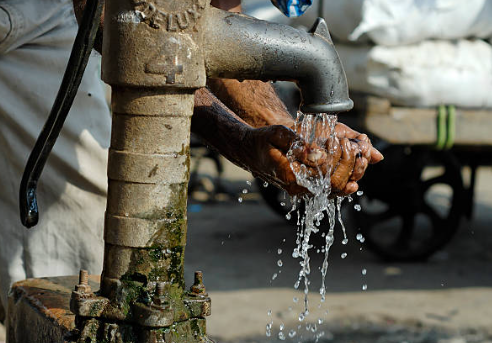
THE QUESTION
Can sharing data about public water filtration systems build trust in the water supply and reduce the use of single-use plastic bottles?
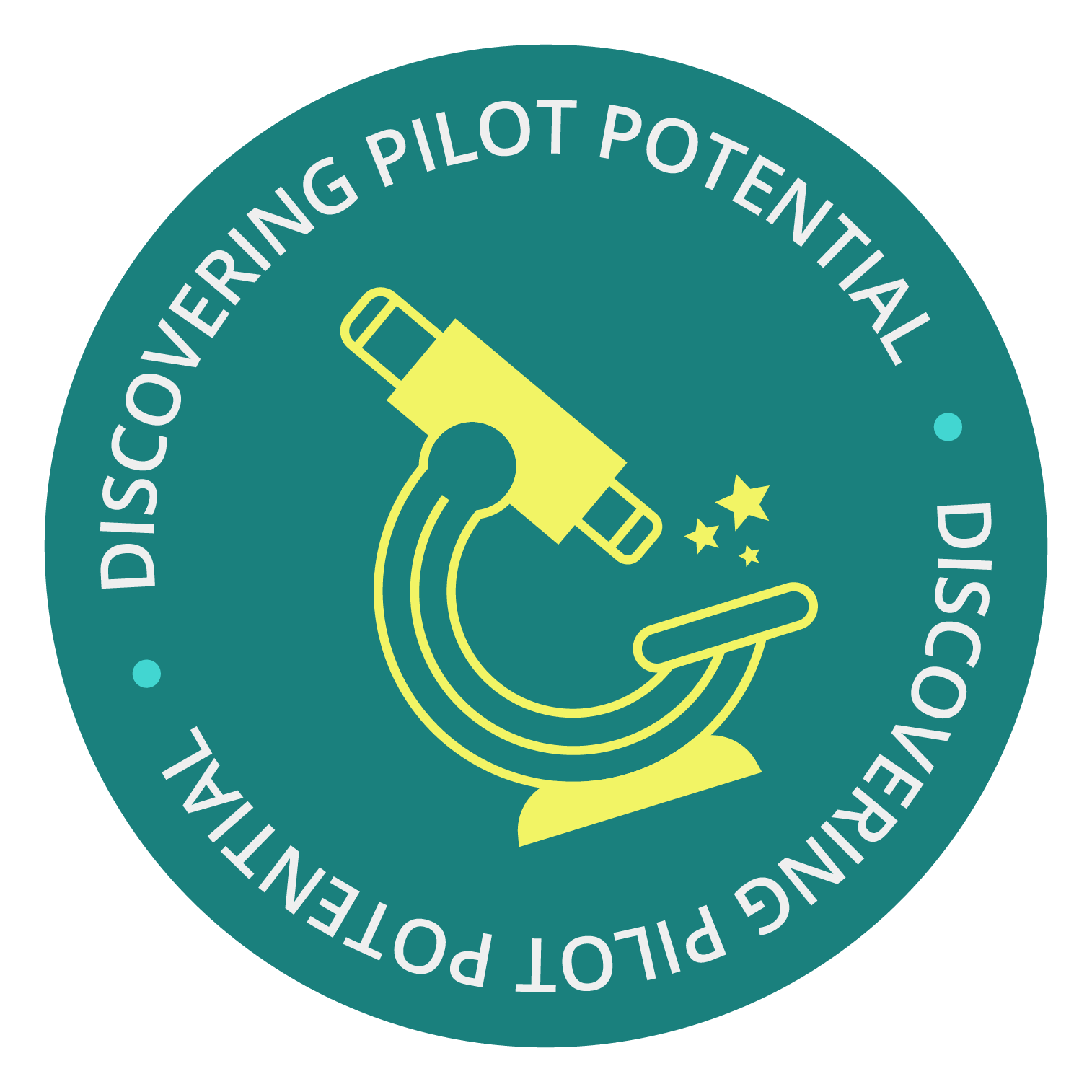
LOCATION: India
SECTOR: Infrastructure and Energy
TECH: Internet of Things
TIMELINE: September 2024 - Present
PIONEER: James Godber
PARTNERS: TBC
The Challenge
Bengaluru depends on water from the river Cauvery, but long dry spells are making this harder to rely on. To keep water flowing, more groundwater is being used, and tanker trucks move water around the city—an expensive and unsustainable solution.
The city has several public water dispensaries run by the government, which could help reduce this pressure. But many people don’t trust the filters. They worry about cleanliness and safety, so they avoid using these dispensaries. Many people refuse to drink filtered water, even when eating in popular restaurants. Instead, they turn to single-use plastic water bottles. India already produces nearly 4,000 tonnes of PET plastic waste every day, and this number is growing by 27% each year.
Even people with reusable bottles face a challenge: there aren’t enough places to refill them, and many homes don’t have suitable water purification systems (such as UV or reverse osmosis). Without trust in public water, breaking the habit of bottled water seems impossible. But what if trust could be rebuilt?
The Idea
What if you could check when a water filter was last cleaned or how much water it had been used for? Making this information easy to access could help people trust public water again.
This pilot will test the idea by connecting public water dispensaries to a database. A simple app will show information like filter maintenance, service history and water usage. Each filter will have a unique ID so people can check its status on a GIS-enabled map or by scanning a QR code. To make the data reliable, it could even be secured using blockchain technology.
The pilot will start small, testing a few dispensaries to see how people respond. If it works, the benefits could be big:
Less plastic waste: Fewer single-use bottles polluting the environment.
Healthier communities: Safer drinking water and fewer illnesses.
Energy and resource savings: A more efficient water supply for the city.
Cost savings: Lower costs for both the city and residents.
With better information, Bengaluru can make its public water system more trusted, sustainable, and widely used—helping the city and the planet at the same time.
Our learnings and stories so far
This pilot hasn’t started to publish yet, but there are plenty of other blogs to read below. Check back soon!
Four years ago, we wrote about failure as something to minimise. Today, we celebrate it as our most valuable asset.
We are now accepting grant applications from innovators who are developing tech solutions to unlock adaptation finance and strengthen MSME resilience in Viet Nam and the Philippines. Click here for more.
Can carbon markets really fund land restoration in the Sahel, or are we chasing unicorns? Our Drylands pilot uncovered the hurdles, opportunities, and tech innovations shaping this critical question.
Concrete and other high-carbon materials dominate construction, driving up emissions and costs. This report explores how bamboo and straw could offer scalable, low-carbon alternatives for sustainable housing in resource-constrained regions.
London Climate Action Week doubled in size this year, signalling greater global engagement with climate solutions. But as the conversation heads to New York, many of the voices that matter most may be notably absent.
Each month we take one global critical challenge and explore what’s happening on the frontier of innovation. This month we're On the Frontier of Health Chatbots.
Health chatbots don’t succeed because they’re clever, but because they’re embedded in trusted systems with clear referrals to real people at the right time. Here’s what we’ve learned over six years of pilots.
Each month we take one global critical challenge and explore what’s happening on the frontier of innovation. This month we're On the Frontier of Finding Peace.
Emerging due diligence and traceability requirements across forest commodity supply chains risk excluding smallholder farmers and producers. This report looks at the potential for open data tools to demonstrate compliance.
We’re looking for expert support to assess the market for Silica and Silicon, providing key intelligence, analysis and recommendations for commercialisation pathways.
One tech stack and decades of lived experience to locate clandestine graves.
Insights from a panel at Pembroke College, Oxford: a Pioneer, a technologist, two forensic archaeologists, an artist and a searching sister.
AI is poised to transform international development. This is true not just in partner countries and local contexts, but also in how development itself is delivered. This blog introduces our AI-powered tool called DevExplorer, which makes it faster and easier to extract insights from global development data.
Explore related pilots
Curious about our work on other pilot ideas in India and the South Asia region? Click below to explore our portfolio 👇🏽
Can we use technologies to detect environmentally damaging activities and help hold governments accountable?
Can IoT technology efficiently manage resources (water, air) and waste in real time?
Can conventional plastic production facilities be retrofitted to produce bioplastics?
Can AI tools be used to improve the quality of data collected and stored within Nepal’s national management information system – NWASH - for asset management of WASH infrastructure and planning and delivery of WASH projects?
Can geospatial data on climate change scenarios adequately inform community planning on activities that aim to support the local environment?
Can drones be effectively embedded into Nepal’s health system to deliver life-saving medication and vaccines to rural areas?
Can an AI-enabled fire detection system prevent wildfires through machine-learning and quickly notify authorities when a fire is detected?
Can blockchain technology improve the land records system and service delivery, while unlocking greater investments?
Can a distributed manufacturing ecosystem that aggregates PPE demand from the field and fulfills it through hyper-localised manufacturing deliver PPE to frontline healthcare workers in a quick and efficient manner?
Can Artificial Intelligence strengthen the supply chain of the Public Distribution System in India to address food insecurity?
Can drones improve infrastructure management and monitoring in rural India?
Can distributed ledger technology help to improve the transparency of the humanitarian supply chain, allowing for more responsive management of the aid system?
Could localised 3D Printing technologies be transformative in a post-disaster context?
The Frontier Tech Hub works with UK Foreign, Commonwealth and Development Office (FCDO) staff and global partners to understand the potential for innovative tech in the development context, and then test and scale their ideas.







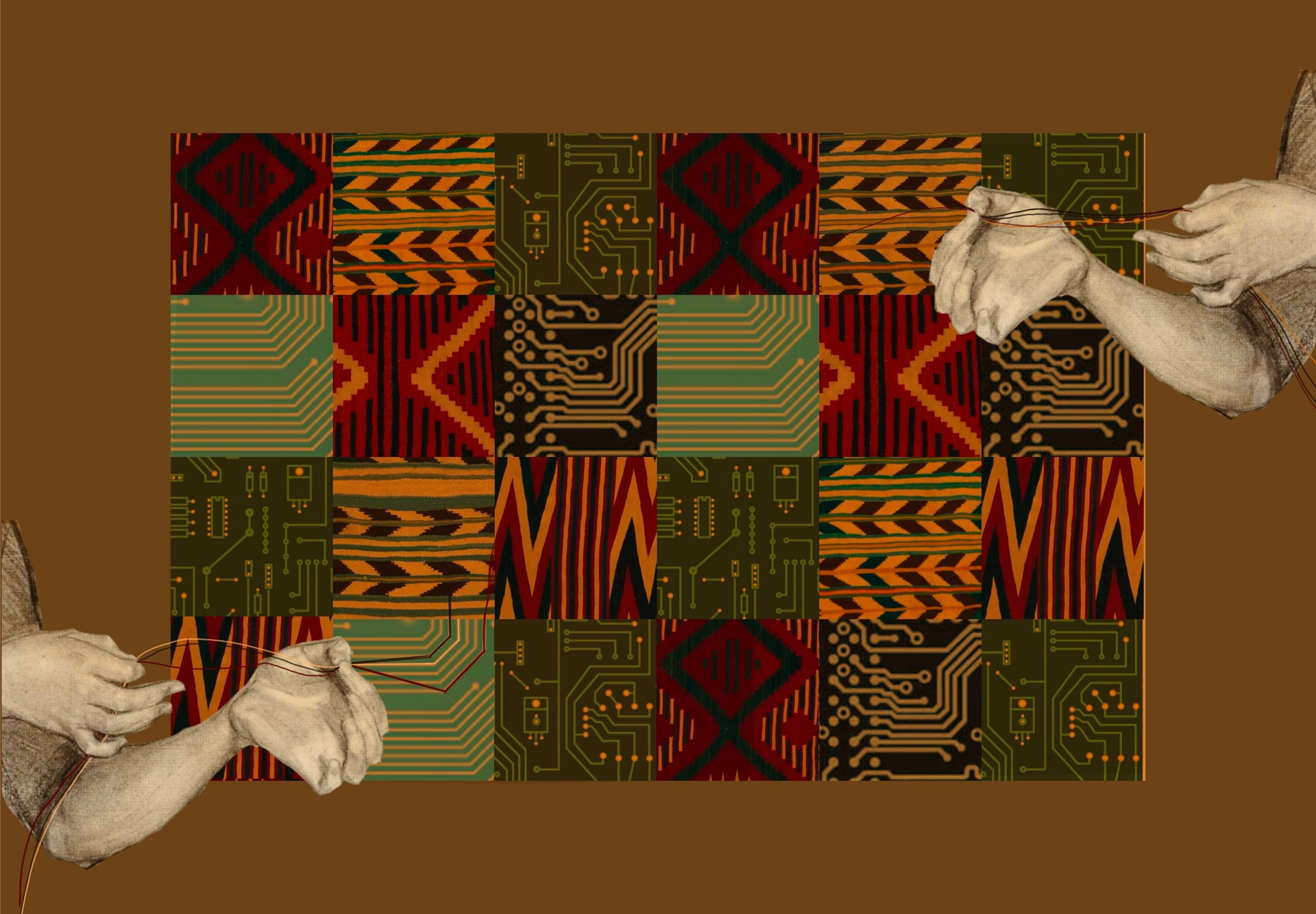




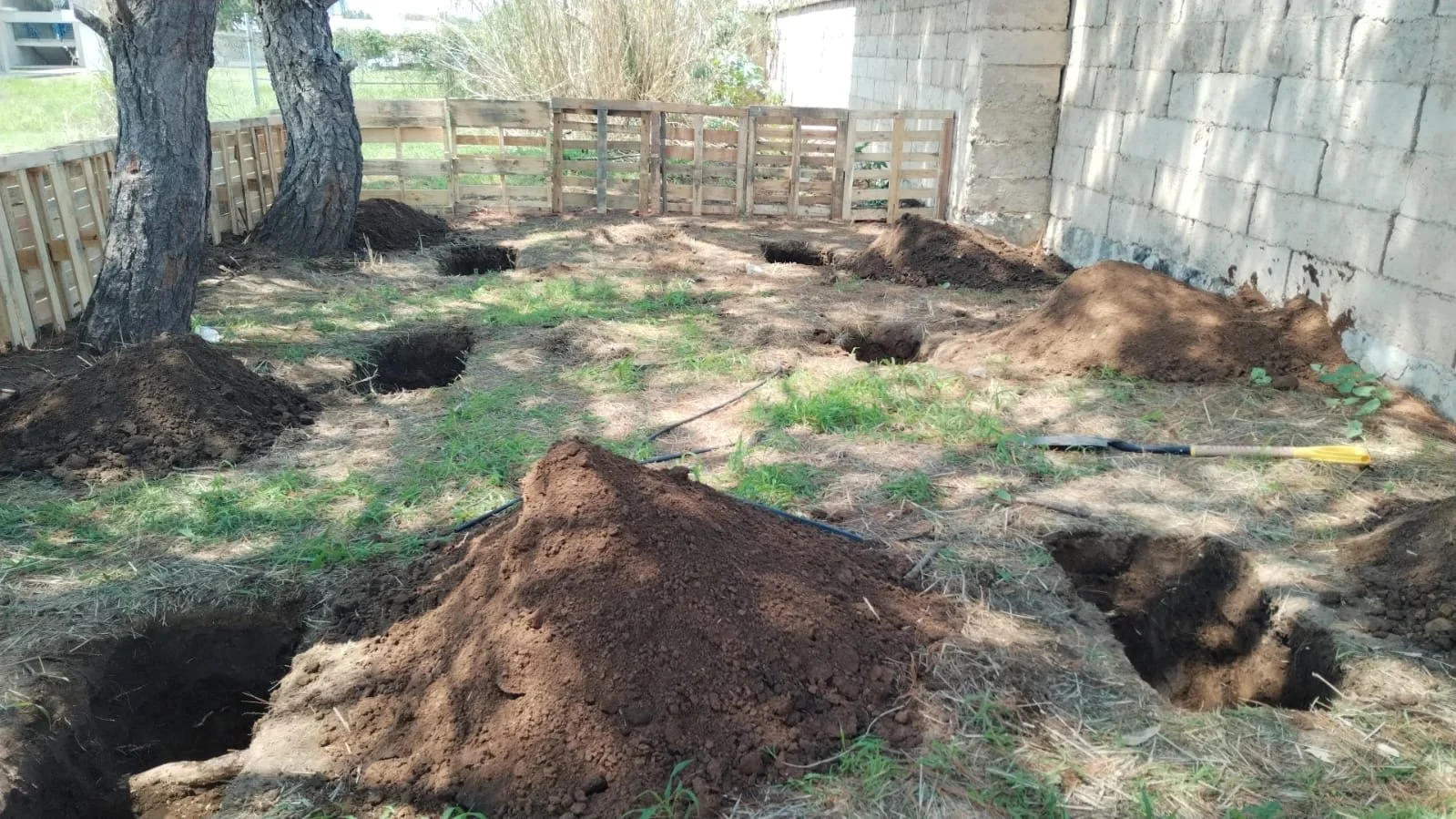
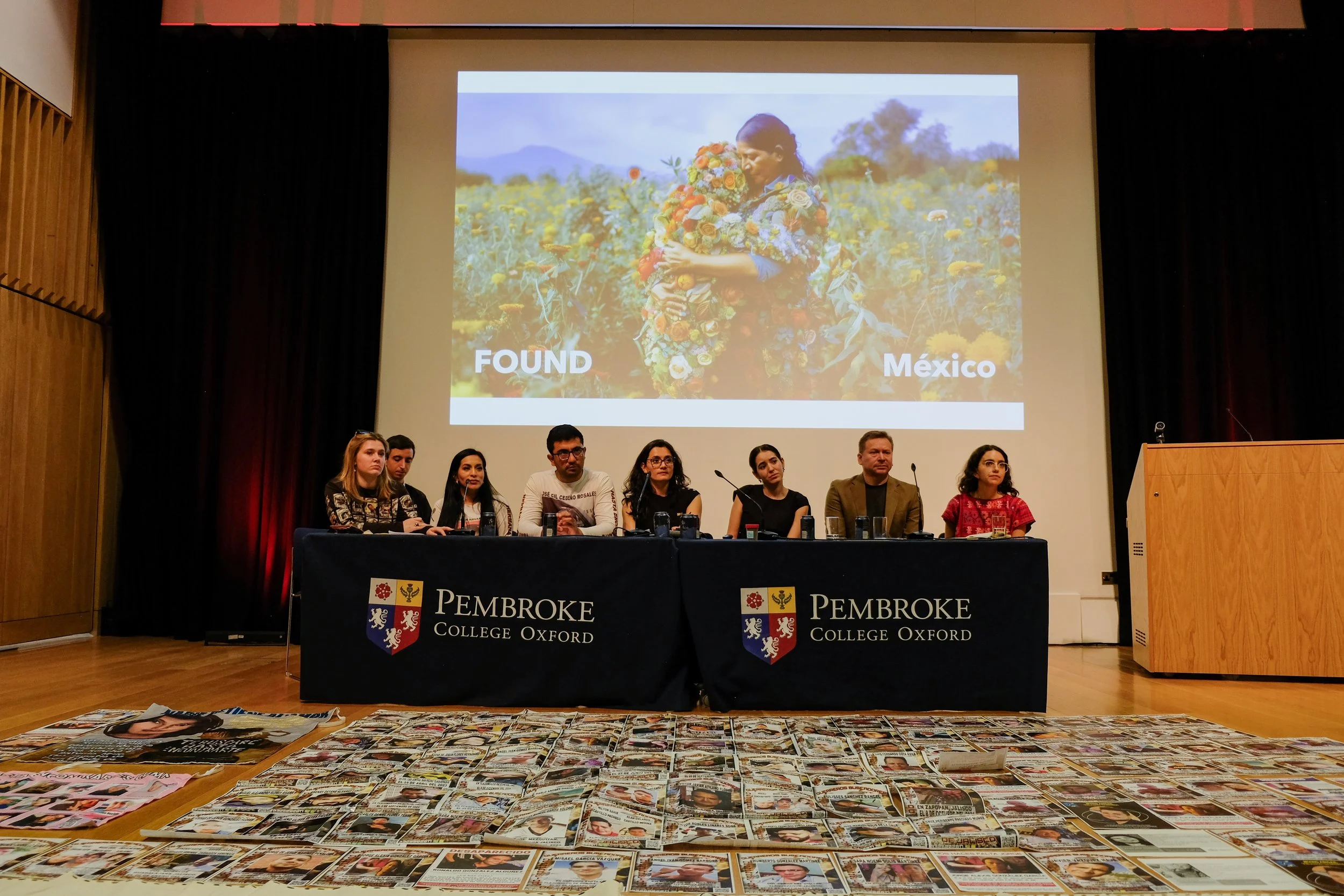

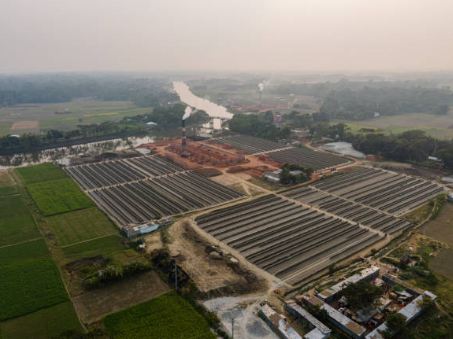




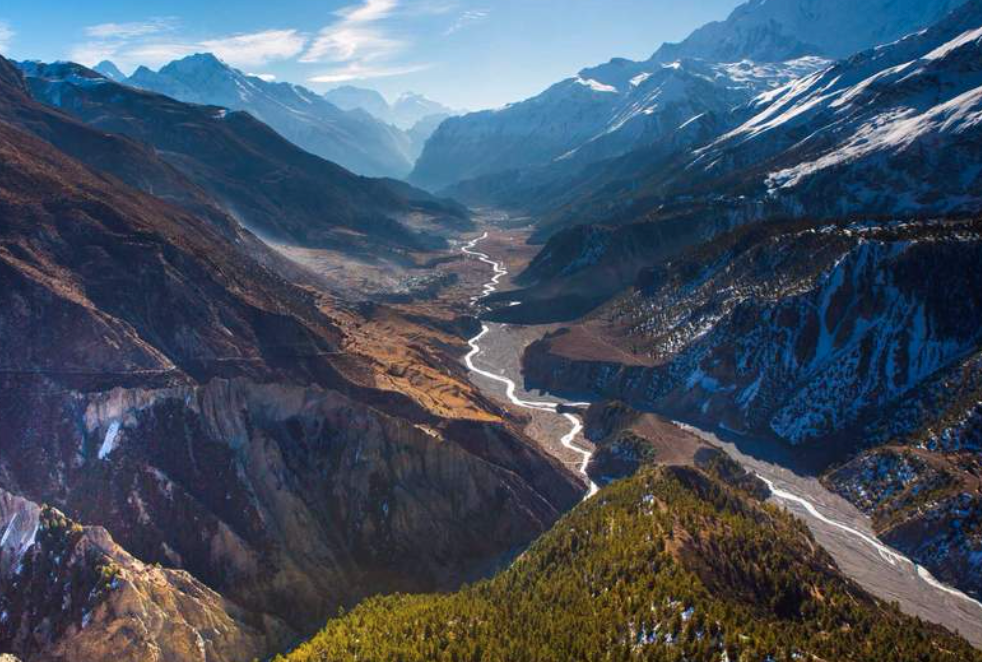


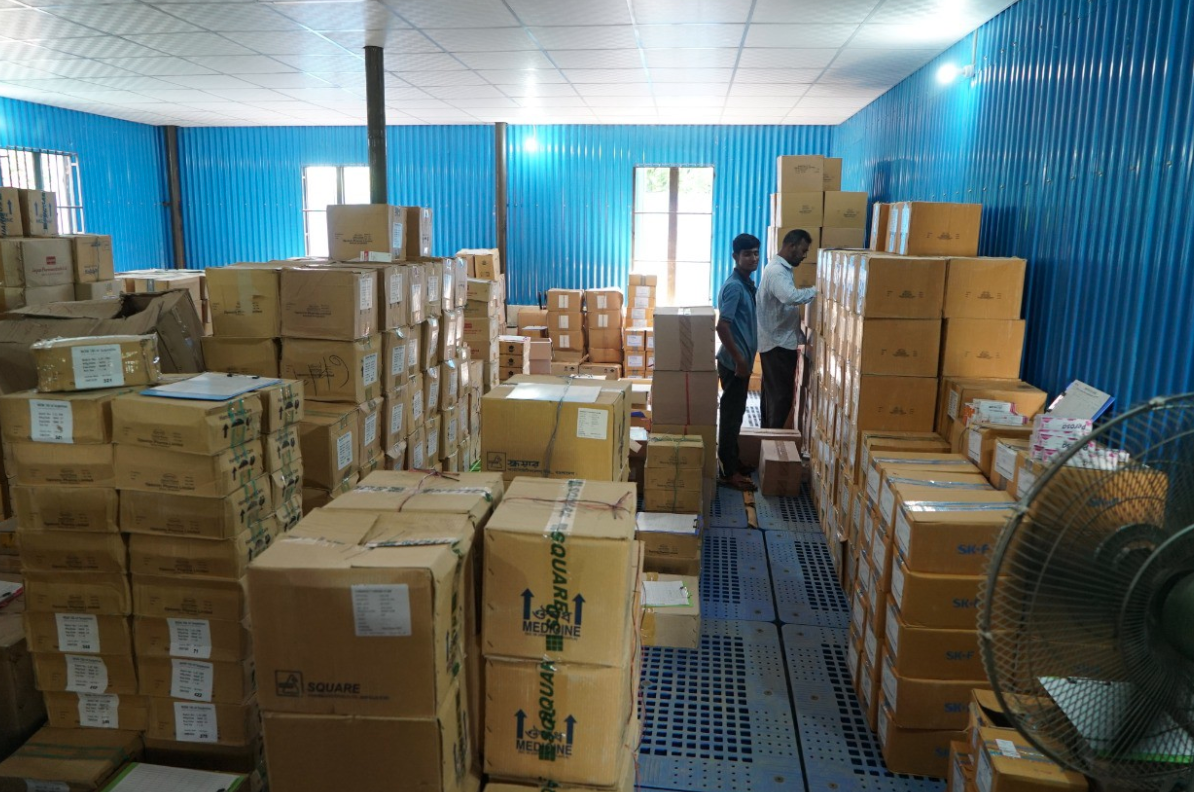
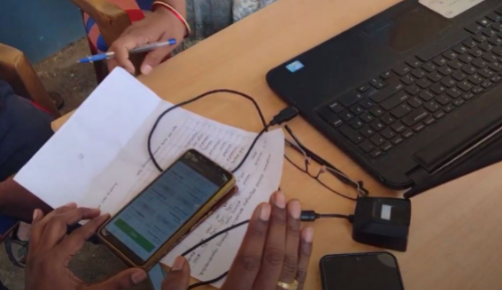



The tiny tweaks, big-time losses and moments that lead to better solutions for those who need them most.